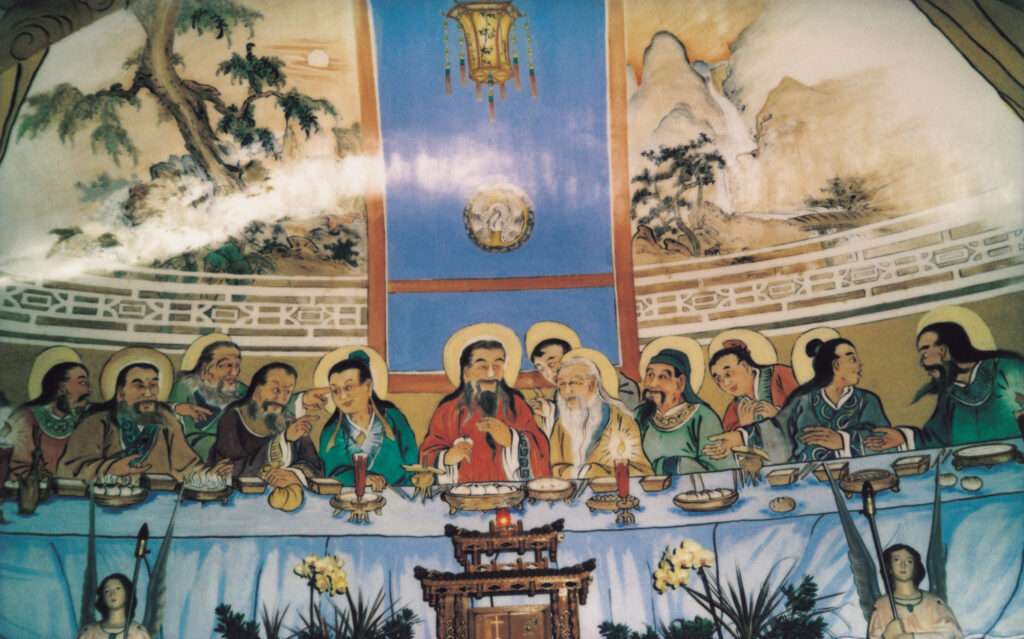![]()
Jui-Chung Yao
About the artist
Graduated from the Taipei National University of the Arts with a degree in art theory, he has exhibited internationally. In 1997, he represented Taiwan in “Facing Faces-Taiwan” at the Venice Biennale. After that, he took part in the International Triennale of Contemporary Art Yokohama (2005), APT6 (2009), Taipei Biennial (2010), Shanghai Biennale (2012), Beijing Photo Biennale (2013), Shenzhen Sculpture Biennale, Venice Architecture Biennale, Media City Seoul Biennale, Asia Triennial Manchester (2014), Asia Biennale (2015), Sydney Biennale (2016), Shanghai Biennale (2018), 14th Curitiba International Biennial (2019), XIII Krasnoyarsk Museum Biennale (2019), Taipei Biennial (2020), and Jakarta Biennale (2021). Yao is the winner of the Multitude Art Prize (Hong Kong) in 2013 and 2014 Asia Pacific Art Prize (Singapore). He received the Taishin Arts Award (Taiwan) in 2018, and the Arts & Business Awards from the Ministry of Culture of Taiwan in 2019. He is also widely involved in the fields of theater and film. Yao specializes in photography, installation, and painting. The themes of his works are varied, but they all examine the absurdity of the human condition. Representative works include the “Action Series,” where he explores Taiwan’s identity in Military Takeover (1994), subverts modern Chinese political myths in Recovering Mainland China (1997), and examines post-colonialism in The World is for All (1997–2000), as well as Long March — Shifting the Universe (2002). In recent years, he has created photo installations combining the style of “gold and green landscape” with the superstitions that permeate Taiwanese folklore, expressing a false and alienated “cold reality” that is specific to Taiwan. Representative works include the series “Celestial Barbarians” (2000), “Savage Paradise” (2000), and “Heaven” (2001). Another photo installation series “Libido of Death” (2002) and “Hill” (2003) probe the eternal issue of body and soul.
Work being shown at ATM
Name: Psychic Geography
Location: Modal gallery
Media: 400 pieces of polaroids, single channel video (Muddy Buddha, 20’24”)
Description: Yao Jui-Chung’s decades-long project constitutes an archival cartography of hellscapes and paradises across Asia, positioning these images as a locus where visual culture, ritual practice and the politics of belief converge. Documented in more than 230 temples, cemeteries, parks, and amusement sites, and extending to Singapore, Korea, Thailand, and Japan, the series brings into view grotesque murals, statues, and dioramas that materialize a hauntology of ghosts, gods, and spirits. As an evolving archive of photographs and videos, at once spectral, embodied, and transfigured, the work discloses how human desire animates religious iconography and its infrastructures, inscribing a geopolitics that traverses both the sacred and the profane.

